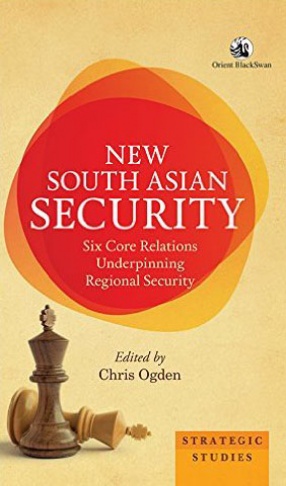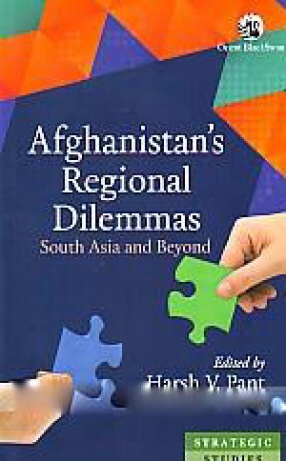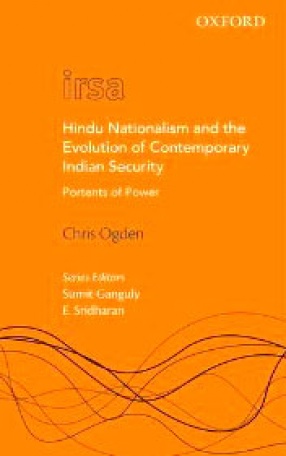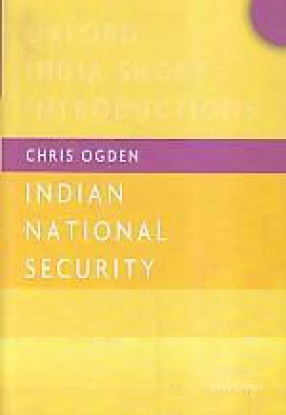New South Asian Security: Six Core Relations Underpinning Regional Security
New South Asian Security recasts the interpretation of security and international relations in South Asia. Moving away from the traditional emphasis on India Pakistan relations, this volume focuses on the region s unique confluence of two of the international system s rising great powers (China and India), and two of its failing and most unstable states (Pakistan and Afghanistan). It also acknowledges that South Asian security rests upon the interaction between these four important states. The volume also highlights the region s present status as the fulcrum of contemporary dynamics of international relations and global trends (from rising powers and an Asian Century, to international terrorism, nuclear proliferation and energy security threats). These factors make South Asian security significant to the world, and highlight its relevance to the nature (and future) of the international system. It explicitly: brings Afghanistan and China into the study of South Asian relations; confirms the relevance of big powers in South Asia to regional/global politics; compares the core norms underpinning bilateral relations among its four critical states; and constructs a collective understanding of the strategic interests driving regional security. It thus both broadens and redefines our sense of South Asia, while underscoring the increased need for regional understandings concerning its security and stability, in the context of the planned withdrawal of external actors from Afghanistan. This book will be indispensable for students and scholars of international relations, strategic studies, and peace and conflict studies.
Get it now and save 10%
BECOME A MEMBER










Bibliographic information